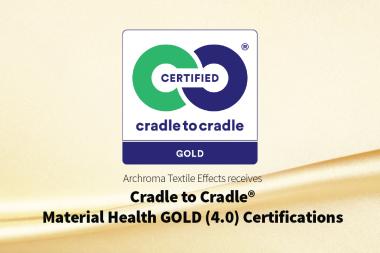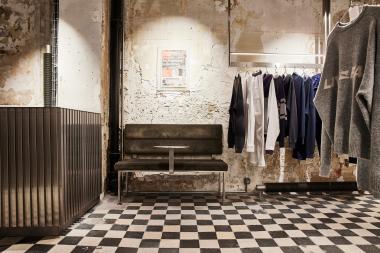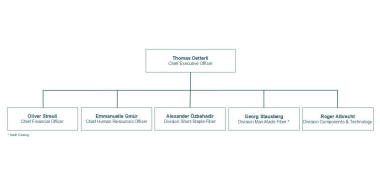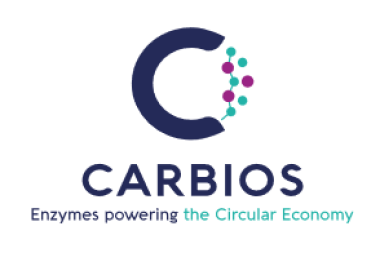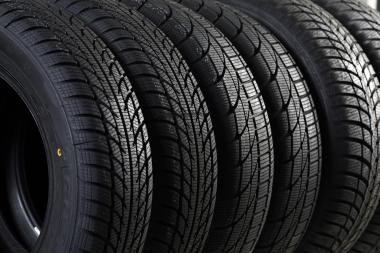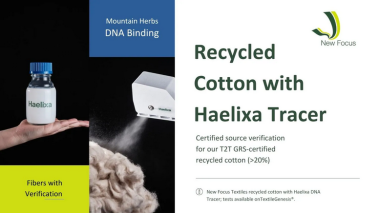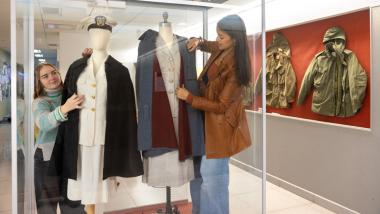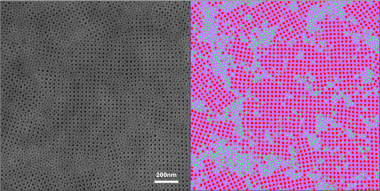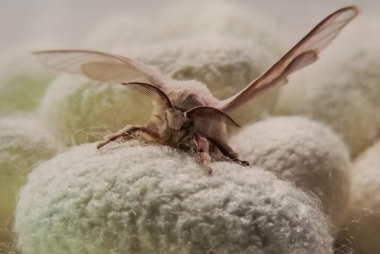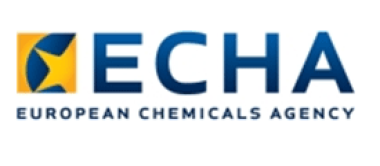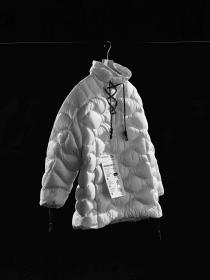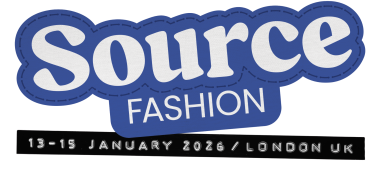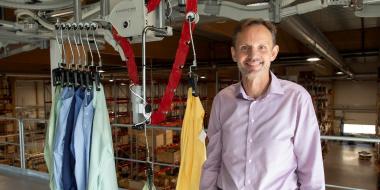Archroma: Portfolio-wide Cradle to Cradle Certifications
Archroma, a leader in specialty chemicals, confirmed its commitment to advancing circularity for the textile industry with ten product groups achieving Cradle to Cradle Certified® Material Health Gold level under Version 4.0 of the standard.
Representing dozens of Archroma brands and approximately 200 individual products, the certifications are an assurance of safety and sustainability under a leading multi-attribute standard. This means that textile mills and fashion brands can confidently use these products to help achieve Cradle to Cradle certification on their finished fabrics and garments as retailers and consumers embrace the circular economy.
The Cradle to Cradle Material Health standard evaluates the chemical composition of products for safety to humans and the environment. This provides the foundation for circularity because safe chemicals are essential for safe recycling and composting.
“Our goal is to exceed industry standards and help lead the shift to cleaner chemistries and a more sustainable world,” Dhirendra Gautam, Global VP Commercial, Archroma, said. “The Cradle to Cradle label is becoming increasingly significant at the brand and mill level. We believe in transparency and supporting our partners to make informed decisions that not only prioritize human health and the environment, but also bring production resource savings and improve the durability of end products.”
Archroma’s SUPER SYSTEMS+ solutions matrix quantifies these factors. It allows industry professionals to combine processing solutions and intelligent effects for specific end uses while delivering measurable environmental impact. Cradle to Cradle-certified Archroma products will generally be found within the Impact and Impact+ categories.
Archroma’s Cradle to Cradle Certified® product portfolio spans reactive, acid, disperse, indigo and sulfur dyes; a full series of chemical products such as pretreatment and sizing, optical brightening agents, dyeing auxiliaries and flame retardants. It includes DIRESUL® EVOLUTION BLACK, the most sustainable sulfur black in the market; AVITERA SE®, a revolutionary resource-saving reactive dye range; the revolutionary Blue Magic pretreatment concept which comprise of the all-in-one IMEROL® BLUE bleaching auxiliary, which saves water and speeds processing time, SIRRIX® NE LIQ, a biodegradable neutralizing agent with precise control across the whole pH range and BACTOSOL® SAP NEW LIQ, an anti-peroxide enzymes that remove residual bleaching agents before dyeing; industry-leading high fastness and phenol/bisphenol compound-free color blocking ERIOFAST® dyes for polyamide; TERASIL® WW dye range with outstanding washfastness for high-performance polyester and its blends; and ULTRAPHOR® optical brightening agents that deliver outstanding results on synthetic fibers, fabrics and finished garments.
Archroma


